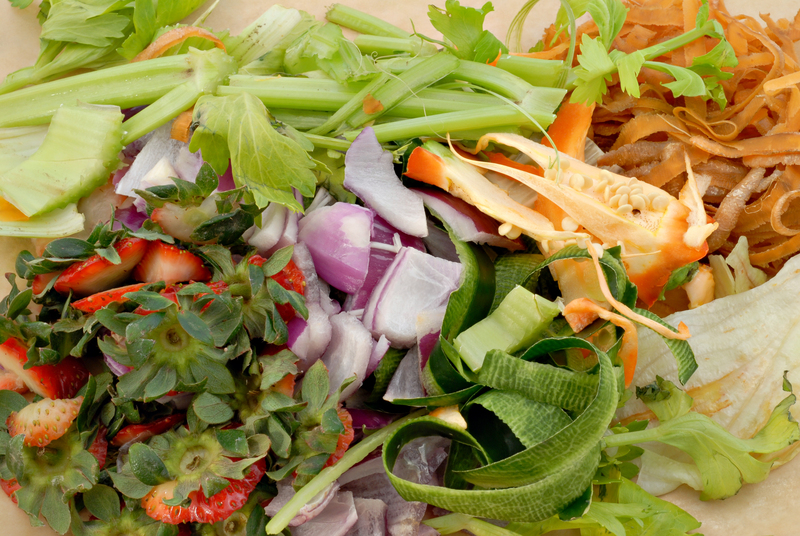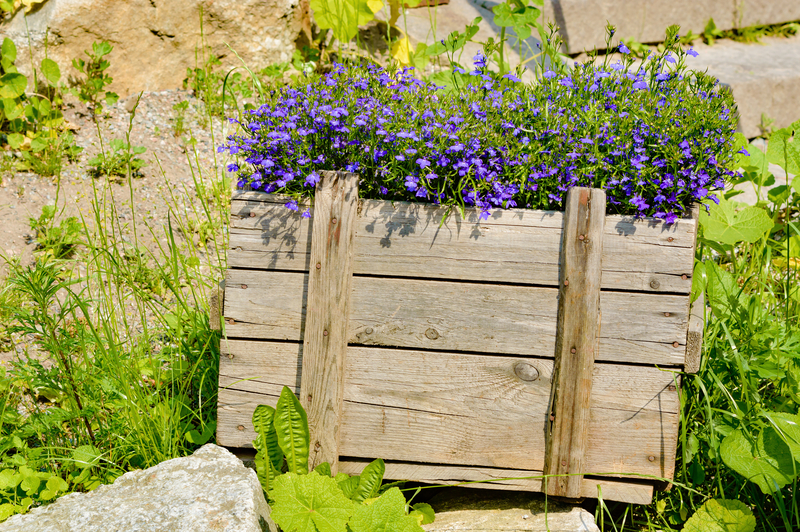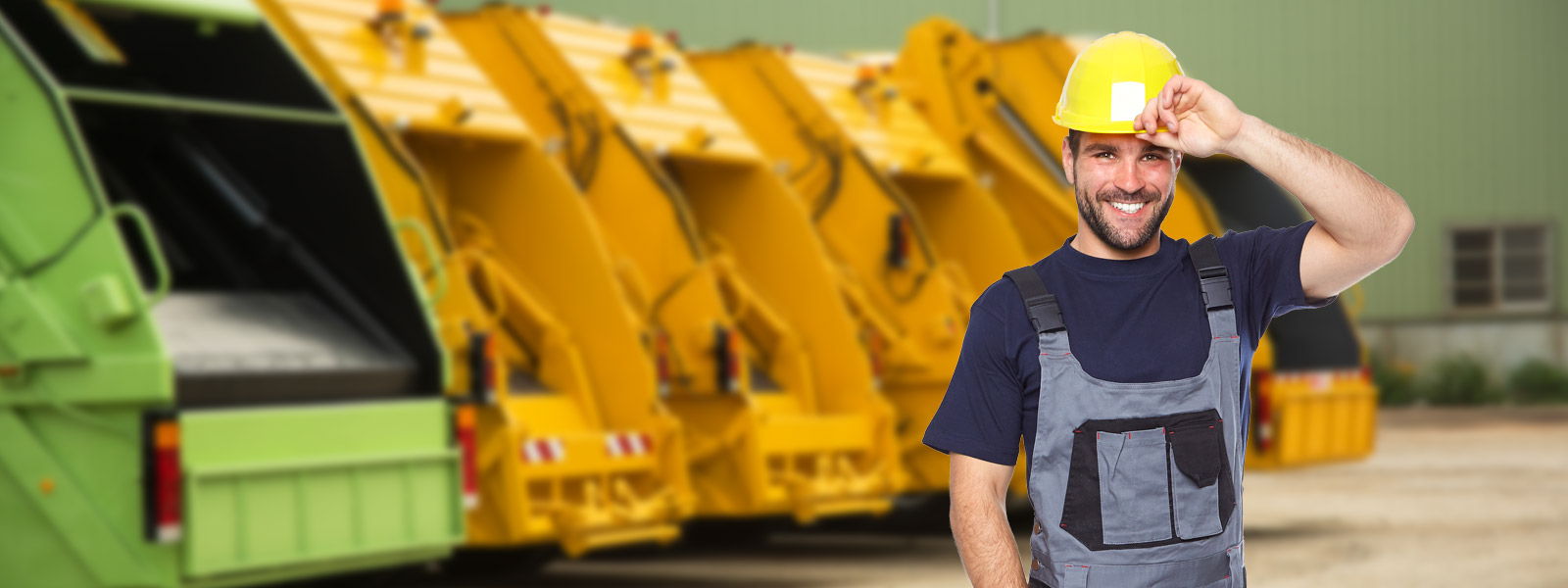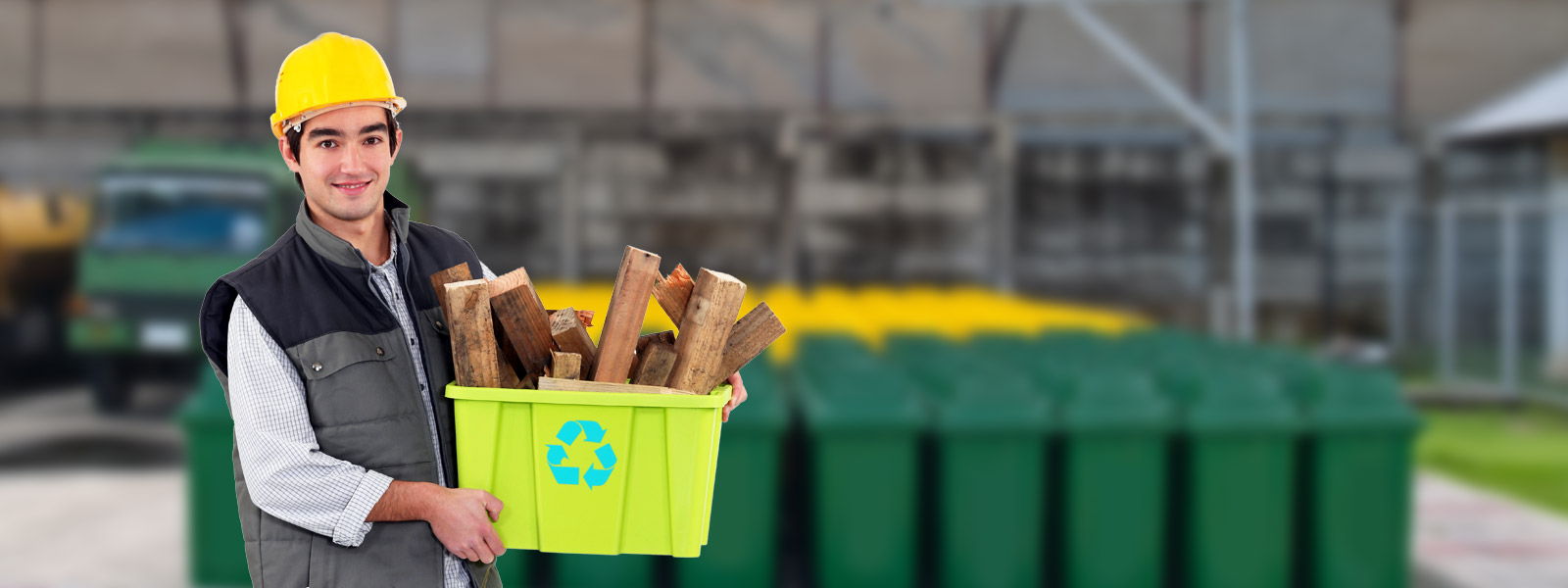Hands-On Recycling Projects for Young Learners
Posted on 30/06/2025
Hands-On Recycling Projects for Young Learners
Encouraging children to participate in hands-on recycling projects is vital for fostering environmental awareness from an early age. When young learners engage in creative, fun recycling activities, they not only develop practical skills but also learn the importance of sustainability and preserving the planet. In this comprehensive guide, we explore a variety of crafting ideas, lesson plans, and DIY eco-projects to inspire kids and their caregivers or teachers.

Why Hands-On Recycling Matters for Kids
Children are naturally curious and imaginative, making them enthusiastic participants in green initiatives. By incorporating interactive recycling projects into their learning, educators and parents can promote critical thinking, creativity, and environmental responsibility.
- Develops environmental stewardship: Recycling projects foster a deeper understanding of resource conservation.
- Improves problem-solving skills: Children learn to see waste as a potential resource.
- Builds teamwork and communication: Many recycling activities involve collaborative efforts.
- Enhances fine motor skills: Crafting with recycled materials helps develop dexterity.
- Encourages innovation: Children invent new uses for old items, honing their imagination.
Ultimately, hands-on recycling for young learners transforms environmental education into a fun, meaningful experience that can spark lifelong habits.
Getting Started: Creating a Recycling-Friendly Environment
Before diving into projects, it's essential to set up a recycling-friendly space. Let children take part in organizing their materials and learning about different types of recyclables. Here are some steps to get started:
1. Set Up a Colorful Recycling Station
- Label bins: Use bright colors and pictures to indicate paper, plastic, metal, and glass.
- Accessible placement: Ensure bins are at child-friendly heights so kids can easily reach them.
- Discuss sorting: Teach children to identify and separate items correctly.
2. Gather Safe, Clean Materials
- Collect cardboard boxes, plastic bottles, egg cartons, cans, and scrap paper.
- Make sure all materials are washed and free of sharp edges.
- Encourage children to bring items from home, involving families in the process.
Top Hands-On Recycling Projects for Kids
Below are a variety of engaging recycling projects ideal for young learners, suitable for classrooms, afterschool programs, or family activities.
1. Recycled Art Collages
Unleash creativity by making vibrant collages from scrap materials. Provide children with magazines, colored paper, fabric scraps, and safe adhesives. Encourage them to express themselves through art, all while understanding the value of reusing materials.
- Cut or tear paper and fabric into various shapes.
- Arrange pieces on cardboard or poster board.
- Glue items to form images or abstract art.
- Discuss how old materials become part of something new and beautiful.
2. DIY Recycled Planters
Turn empty plastic bottles, milk jugs, or tin cans into plant pots. This project not only supports recycling awareness but also introduces basic gardening concepts. It's a hands-on recycling activity that teaches responsibility and observation skills.
- Cut containers to the desired height with adult supervision.
- Decorate with paint, paper, or natural materials like twine.
- Add soil and seeds or small plants.
- Let children care for their plants, monitoring growth over time.
3. Upcycled Musical Instruments
Music and sustainability go hand in hand when kids create instruments from recycling bin finds.
- Make shakers from plastic bottles or eggs filled with rice or beans and sealed securely.
- Create drums by stretching balloons or fabric over cans.
- Assemble guitars from empty tissue boxes and rubber bands.
- Have a class concert to showcase their creations!
4. Egg Carton Critters
Egg cartons are perfect for crafting adorable insects, animals, or imaginative creatures. Provide paint, googly eyes, pipe cleaners, and glue. Children will love seeing how ordinary packaging can become a mini zoo or fantasy world.
- Cut carton sections for bodies.
- Decorate and assemble using eco-friendly materials.
- Encourage students to research and model real-life creatures.
5. Cardboard Forts and Playhouses
For a larger-scale project, gather cardboard boxes to build forts, castles, or playhouses. This project develops teamwork, spatial awareness, and engineering skills in a playful way.
- Plan the structure together, discussing shapes and supports.
- Cut doors and windows; decorate with paint and markers.
- Assign roles such as architect, builder, and decorator.
6. Recycled Paper Making
Experience the full recycling process by making new paper from old scraps. This sensory-rich activity reveals the science behind recycling.
- Tear used paper into small pieces and soak in water to make pulp.
- Blend for a smoother texture (with adult help).
- Pour mix onto a mesh screen and let excess water drain out.
- Press and dry the sheets for use in future art or writing projects.
7. Bottle Cap Mosaics
Save colorful plastic or metal caps to create unique mosaics. This tactile project enhances sorting and pattern-making abilities.
- Arrange caps by color, size, or shape on sturdy cardboard.
- Glue in place to form pictures or patterns.
- Use the finished pieces to decorate classrooms or playgrounds.
Tips for Successful Hands-On Recycling Lessons
Connect Projects to Learning Goals
Link recycling activities to curriculum standards or personal development goals. For example, incorporate counting, measuring, sorting, language arts, and science topics into project plans.
Promote Discussion and Reflection
- Ask questions about why certain materials are recyclable or what would happen if we didn't recycle.
- Discuss the lifecycle of objects and the impact on the environment.
- Encourage children to share their ideas for new uses of waste materials.
Celebrate Creativity and Effort
Display students' projects in classrooms, school halls, or community centers. Hosting an "eco art show" or sustainability fair can boost pride and reinforce the message that every small action makes a difference.
Involve the Wider Community
- Invite families to participate in take-home recycling challenges.
- Partner with local recycling centers or environmental organizations for field trips or workshops.
- Organize fundraisers or charity drives using upcycled crafts.
Extending the Learning: Resources and Further Ideas
For educators and parents seeking more inspiration, a wealth of online resources and books are available to guide new hands-on recycling projects for early learners. Here are a few trusted sources and ideas:
- National Geographic Kids: Offers child-friendly articles and videos on recycling and the environment.
- Project Learning Tree: Provides environmental education activities including recycling lessons.
- Recycling Craft Books: Titles such as "Trash to Treasure: A Kid's Upcycling Guide" and "The Everything Kids' Nature Book" are filled with creative concepts.
- City Recycling Programs: Many local programs have educational resources and may offer recycling tours.
Keep in mind, the goal is to encourage a growth mindset: mistakes and experimentation are natural parts of learning. Let students brainstorm, test ideas, and even come up with their own unique recycling initiatives.

Environmental Impact: Teaching Sustainability Through Recycling
Understanding the significance of recycling activities for children provides a meaningful context for their efforts. Discuss with students how recycling:
- Reduces landfill waste and conserves space.
- Saves energy compared to manufacturing with new materials.
- Protects wildlife and natural resources.
- Decreases pollution and greenhouse gas emissions.
When students see the bigger picture, they feel empowered to act--not only in the classroom, but also at home and in the world around them.
Conclusion: Inspiring a New Generation of Environmental Stewards
Engaging children in hands-on recycling projects lays the foundation for lifelong environmental stewardship. Through collaborative, creative, and practical activities, young learners discover that their actions matter. Whether making art from bottle caps, growing plants in upcycled containers, or engineering cardboard playhouses, each project delivers essential lessons about the environment--and about themselves.
By making recycling fun, accessible, and part of everyday life, we give the next generation the tools and passion to care for our planet. Start a recycling adventure today and watch as curiosity, creativity, and environmental awareness bloom in your young learners!

 020 3744 6462
020 3744 6462 020 3744 6462
020 3744 6462




 House clearance
House clearance Rubbish collection
Rubbish collection




